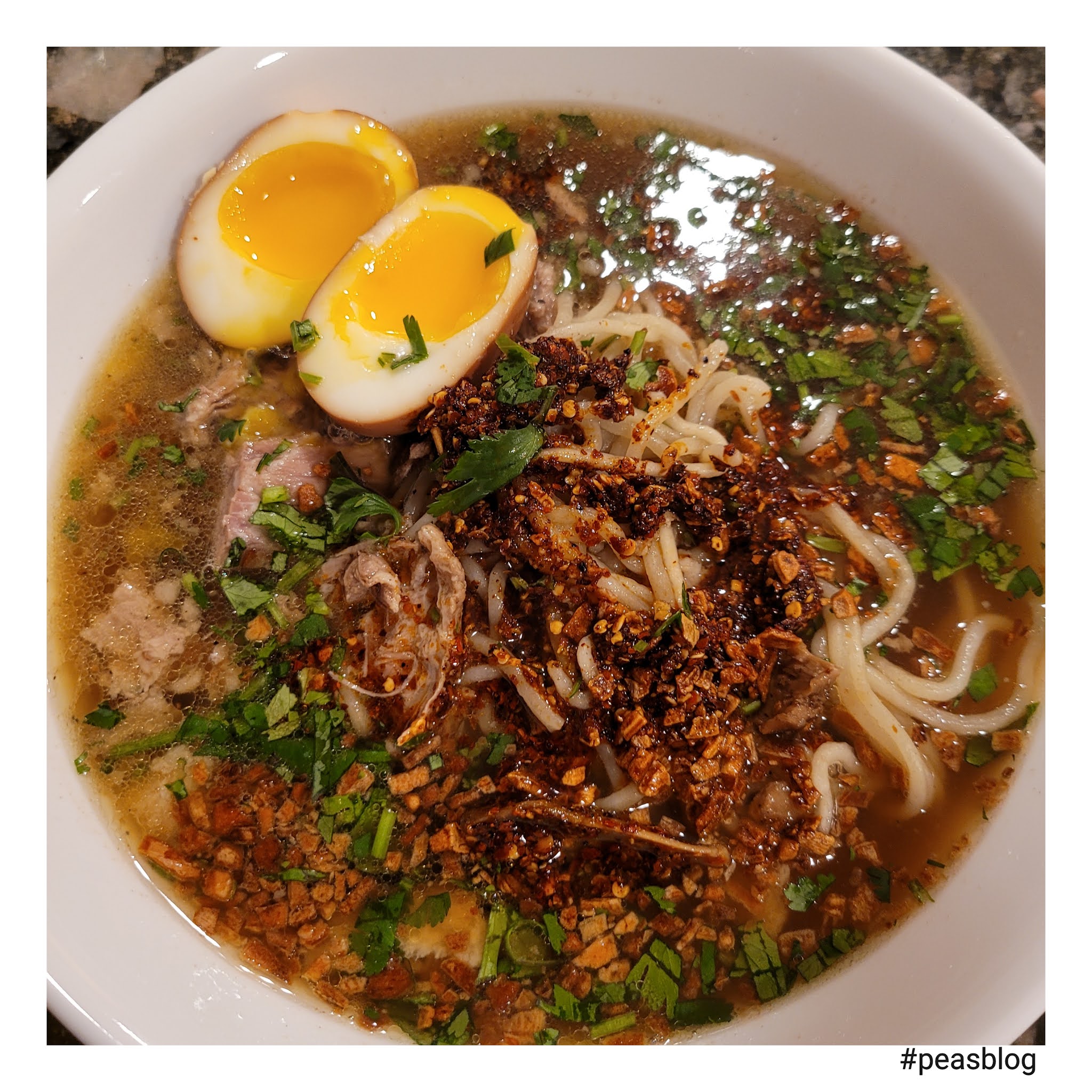Are There Recalls On Ramen Noodles? Understanding Safety And Quality Concerns
In recent years, the popularity of ramen noodles has skyrocketed, becoming a staple for many households across the globe. However, with increased consumption comes a heightened awareness of food safety, leading to questions about potential recalls. Are there recalls on ramen noodles? This article delves into the safety concerns associated with ramen, discusses any recent recalls, and provides insight on how to ensure the noodles you enjoy are safe to eat.
Ramen noodles, often seen as a quick and easy meal option, can be found in various flavors and styles. However, like any processed food, they are not immune to safety issues. Understanding the reasons behind recalls can help consumers make informed choices. In this article, we will explore the various factors that can lead to a recall, recent instances of ramen noodle recalls, and what you should know to protect your health.
Whether you're a college student relying on instant noodles for sustenance or a culinary enthusiast experimenting with gourmet ramen, it is essential to stay informed about food safety. This guide aims to provide comprehensive information regarding recalls on ramen noodles, empowering you to enjoy your meals with confidence.
Table of Contents
- What Are Ramen Noodles?
- Common Ingredients in Ramen Noodles
- Understanding Food Recalls
- Recent Recalls on Ramen Noodles
- How to Check for Recalls
- Ensuring Ramen Noodle Safety
- Consumer Responsibilities
- Conclusion
What Are Ramen Noodles?
Ramen noodles are a type of Japanese noodle made from wheat flour, water, salt, and an alkaline mineral water known as kansui. This unique combination gives ramen its characteristic chewy texture. Typically, ramen is served in a savory broth and topped with various ingredients such as vegetables, meats, and eggs.
There are several types of ramen, including:
- Instant ramen: Pre-cooked noodles that can be prepared quickly by adding boiling water.
- Fresh ramen: Made daily and often found in restaurants.
- Dried ramen: Dehydrated noodles that require boiling before consumption.
Common Ingredients in Ramen Noodles
Understanding the ingredients in ramen noodles is crucial, especially when considering safety. Here are some common ingredients:
- Wheat flour
- Water
- Salt
- Kansui (alkaline mineral water)
- Flavoring agents (sauces, seasonings, etc.)
While most of these ingredients are safe for consumption, issues may arise if contaminants are introduced during manufacturing or handling.
Understanding Food Recalls
A food recall occurs when a product is found to be unsafe for consumption due to contamination, mislabeling, or other safety issues. Recalls can be initiated by manufacturers or regulatory agencies when potential health risks are identified.
Some common reasons for food recalls include:
- Presence of harmful bacteria (e.g., Salmonella, E. coli)
- Undeclared allergens (e.g., nuts, gluten)
- Foreign materials (e.g., plastic, metal)
- Mislabeling of ingredients or nutritional information
Recent Recalls on Ramen Noodles
In recent years, there have been several recalls involving ramen noodles. These recalls often stem from contamination or labeling errors. For instance:
- In 2022, a popular brand of instant ramen noodles was recalled due to the presence of undeclared allergens, specifically gluten, which posed a risk to consumers with gluten sensitivities.
- Another recall occurred in 2023 involving a batch of ramen noodles contaminated with Salmonella, prompting immediate action from the manufacturer.
These examples highlight the importance of staying informed about food recalls, especially for products consumed regularly.
How to Check for Recalls
Consumers can easily check for recalls on ramen noodles and other food products through various sources:
- The U.S. Food and Drug Administration (FDA) website provides updates on food recalls.
- Manufacturer websites often list recall information and instructions for returning products.
- News outlets and social media can also be valuable sources of information regarding recalls.
By regularly checking these sources, consumers can stay informed and take necessary precautions.
Ensuring Ramen Noodle Safety
To ensure the ramen noodles you consume are safe, consider the following tips:
- Always check expiration dates on packaging.
- Be aware of any recalls related to the brand or type of noodles you purchase.
- Store noodles in a cool, dry place to prevent contamination.
- Follow cooking instructions carefully to minimize foodborne illness risks.
Consumer Responsibilities
As a consumer, it is essential to take responsibility for your food choices. This includes being proactive about checking for recalls and understanding the risks associated with processed foods like ramen noodles. Additionally, educating yourself about food safety practices can significantly reduce health risks.
Here are some responsibilities consumers should embrace:
- Stay informed about food safety issues related to your favorite products.
- Read labels carefully to identify allergens and ingredients.
- Report any adverse reactions to food products to the appropriate authorities.
Conclusion
While ramen noodles are a convenient and popular meal option, it is crucial to stay informed about potential safety concerns and recalls. By understanding the reasons behind recalls and taking proactive measures, consumers can enjoy their ramen noodles with confidence. If you have any experiences or insights regarding ramen noodle recalls, feel free to leave a comment below or share this article with others who may benefit from the information.
We hope this article has provided valuable insights into the world of ramen noodles and recall safety. Remember to check back regularly for updates and further information on food safety and health.
Exploring The Delicious World Of Ramen Boodles: A Comprehensive Guide
Noodles Recall September 2024: What You Need To Know


